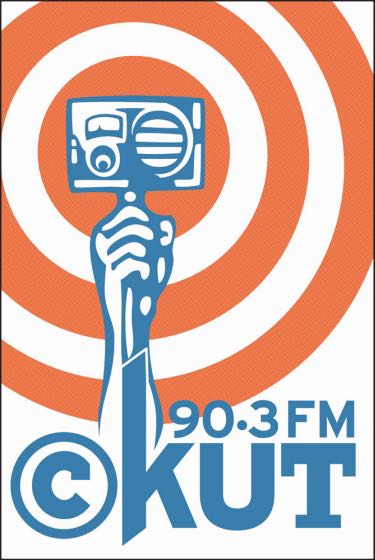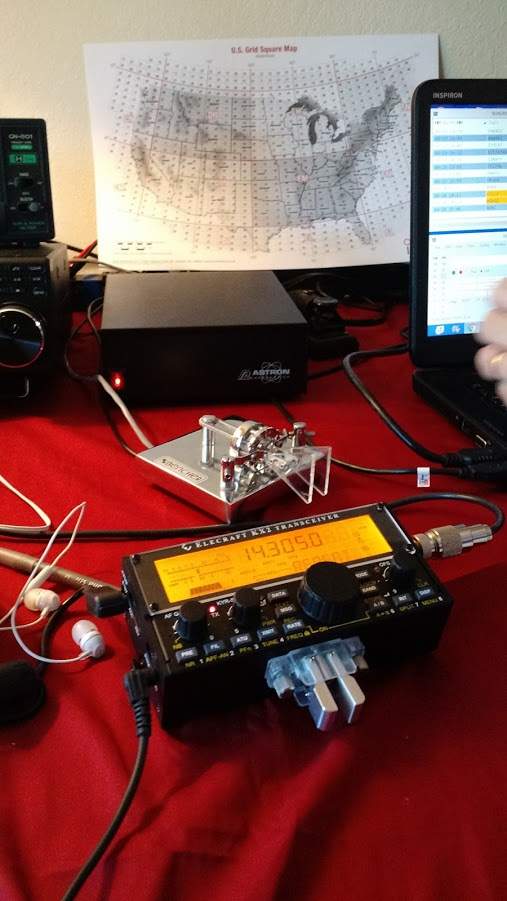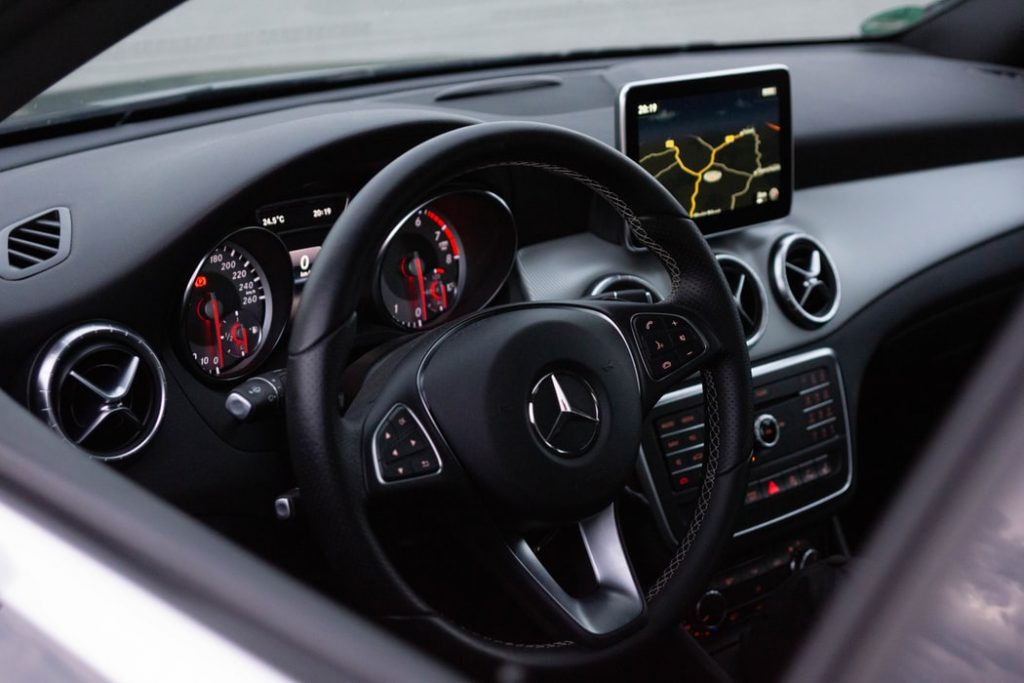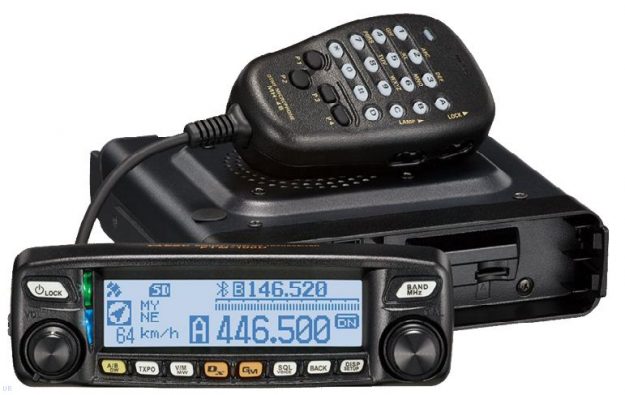
The Yaesu FT-100DR
As we here in North America are about to see how deep the Covid-19 pandemic is going to go, some of us are trying to turn lemons into lemonade and make the most of our social distance.
My buddy, Eric (WD8RIF), has inspired me to add another item to my growing Social DX Bucket List: install a dual-band mobile radio in my 2018 Subaru Forester.
I had planned to install a mobile rig shortly after purchasing the Forester, but frankly, I’m a “below 30 MHz” kind of guy, so most of my radio funds support HF gear. When I’m taking a long trip, or wanting to join a local net however, I really miss the luxury of a proper mobile VHF/UHF radio.
Eric has pretty much convinced me the Yaesu FT-100DR is a solid choice at $299 US. At least, it’s the rig he plans to acquire.
He also discovered, last week, that new units of the FT-100DR are completely out-of-stock here in the US.
This prompted me to contact a couple of friends who work in the ham radio retail world–I was curious if radio inventory, in general, is running low.
Turns out, things are okay for now
It seems the shortage of FT-100DR units is pretty specific to this transceiver model and the back-order started before the Coronavirus outbreak and consequent shutting down of factories and supply chains across the globe. Likely, there’s a shortage of a specific part that has brought production to a halt.
In general, ham radio transceiver inventory is healthy for now, but supply chains and import of new units has been slowed or halted by the pandemic. Both of my friends believe production has started again in China (albeit slowly) which would coincide with what Anna recently told us. It’ll take a while for production and supply chains to ramp-up and inventory filled locally.
I wouldn’t be surprised if inventory of lower-cost handheld and mobile VHF/UHF transceivers starts to dwindle. As posted earlier today, there’s been a significant uptick of new ham radio licensees. Newly minted hams might be looking for a first radio.
My advice?
If you’re planning to purchase a new transceiver in the near future, and you feel financially secure enough to do so, bite the bullet! I would also recommend supporting your domestic ham radio retailers like (here in the US) Universal Radio, GigaParts, DX Engineering and Ham Radio Outlet. Your purchase will support them through what is obviously going to be difficult financial times ahead for small businesses.
Otherwise, just sit tight for a while! You may find a deal on the used market. One of my favorite places to check is QTH.com’s classifieds.
Speaking of the used market, this is an excellent time to post the gear you’ve been planning to sell!
Dual band mobile suggestions?
If I find a deal on a used FT-100DR, I might snag it (after giving Eric the opportunity, of course). Otherwise, I think I’ll wait until later this year and simply invest in the mounts, antenna, and wiring in the meantime.
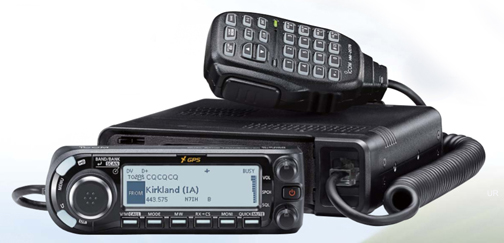
The Icom ID-4100A also seems like a solid choice.
In truth, even the FT-100DR doesn’t really satisfy all of the features I’d like in a mobile radio. Here are the features an ideal dual-band radio would offer:
- Compact remote head
- Bluetooth
- VHF/UHF analog
- GPS
- APRS
- DMR (because where I live, it’s the best repeater network by far)
- Extended receiver coverage
- Easy to program
Yeah, I’m essentially looking for a unicorn. DMR mode would be amazing, but I’m not sure there’s a single DMR/analog mobile with remote head. Please correct me if I’m wrong. I’d love your suggestions and experience.
Also, are you considering making any major radio purchases over the next few months. or do you plan to wait until the economy begins to recover? Please comment!

